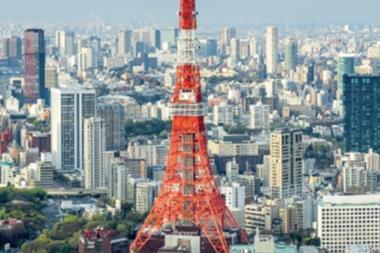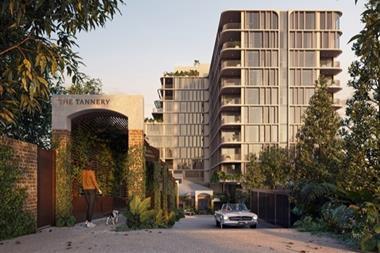CBRE’s Asia Pacific Investor Intentions Survey 2020 has revealed that real estate investors plan to invest more or be as active in 2020 as they were in 2019.
The survey of 610 respondents – conducted between 16 December 2019 and 16 February 2020 – revealed that the COVID-19 outbreak is likely to compel many investors to moderate their purchasing this year.
As the first quarter of 2020 is mired in disruptions to travel, supply chains and business activities due to “the unpredictable nature of COVID-19, investors across Asia Pacific have moved into wait-and-see mode”, CBRE said.
”However, it also revealed that investors displayed a healthy investment appetite overall, with over 75% stating that they plan to be more or as active in 2020 as they were in 2019.”
The continued lowering of interest rates in economies across the region will also support asset pricing with potential to see yield compression in major core markets when economies stabilise, CBRE said.
Henry Chin, head of research, APAC/EMEA at CBRE, said: ”Stable income stream and the higher yield offered by commercial real estate relative to other asset classes has become the key propellant behind real estate investments.”
Chin said Tokyo’s lower financing costs and attractive yields available has seen it regain its title as most preferred city for cross-border commercial real estate investment, particularly opportunities in logistics and multifamily.
”Elsewhere, Beijing eclipsed Shanghai as the most preferred investment destination in Mainland China for the first time, supported by healthy demand and supply fundamentals, with decentralised locations such as Lize and Wangjing also on investors’ radars.”
Greg Hyland, head of capital markets, APAC, CBRE, said the responses received after the COVID-19 outbreak saw more investors drawn to prime core assets.
“Investors’ heightened sense of risk aversion is reflecting stronger demand for stable income streams.
”The lower interest rate environment will ensure real estate yield spread against cost of financing remains attractive. Prime core asset remains an attractive defensive play.”
Hyland said investors focusing on obtaining higher returns will continue pursuing value-added strategies, while fewer investors will pursue opportunistic deals due to the comparatively high risk involved.
“Additionally, there is growing interest in distressed opportunities, especially in China and India.”
CBRE said it expects short-term decision making to be affected as a result of the current global economic uncertainties.
However, the long-term outlook is expected to brighten, with recovery in Asia Pacific outpacing other economies and fueled by ”spare capital, along with investors’ willingness to explore alternative asset classes and capitalise on structural factors”.

















